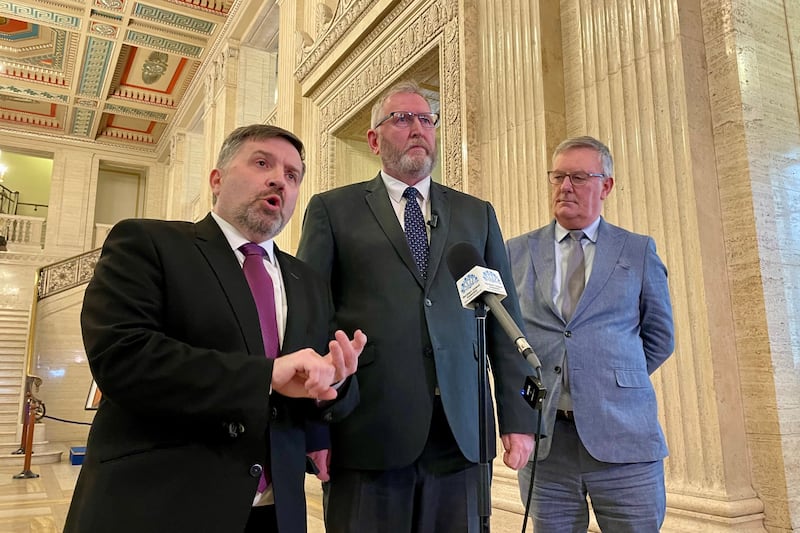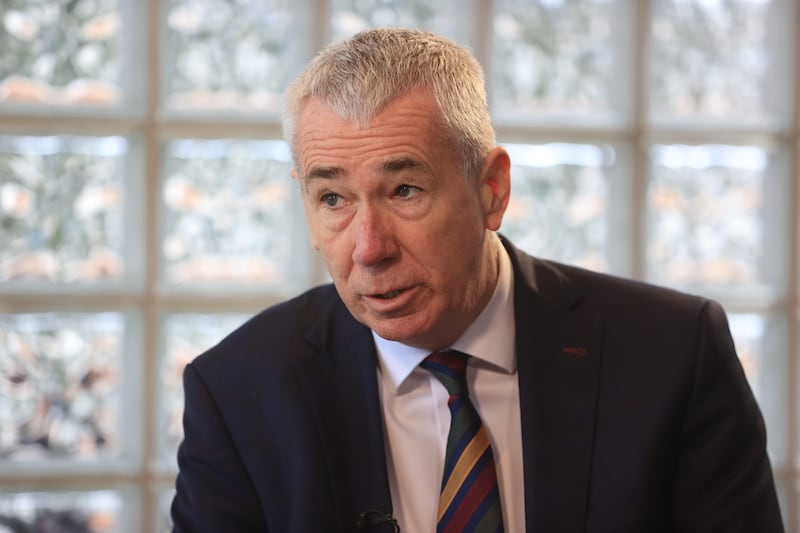Northern Ireland may have missed out on the world record for the longest period without a government in peacetime but there is certainly nothing to cheer about in relation to the protracted power vacuum at Stormont.
The qualifying criteria means that Belgium continues to hold this dubious record, but the fact remains that the absence of an Assembly and power-sharing executive is a huge problem and should be a source of acute embarrassment to our political parties.
There may well be people who are largely indifferent to the fate of Stormont, perhaps holding the widely shared view that it did not deliver effective and dynamic government.
And there is no doubt the previous administration had many flaws, including a failure to take difficult decisions, which caused a deep sense of frustration.
However, the complete absence of a government is undoubtedly worse, leaving public services in limbo and hampering any efforts to drive forward our economy and carry out necessary reforms.
The High Court ruling on the planned Mallusk waste incinerator, which effectively means that civil servants cannot take decisions that are normally made by ministers, has far-reaching implications for a whole range of major capital projects, among them the A5 road upgrade.
The first phase of work on the much delayed scheme had been due to start earlier this year but was put on hold because of a court challenge due next month.
Now Peter May, the permanent secretary of the Department of Infrastructure, is to ask for the case to be adjourned while the attorney general seeks clarity from the Supreme Court.
This is yet another worrying example of the impact of political stalemate on matters that are of enormous importance to our economy.
We should be moving forward with a sense of energy and purpose, but for that to happen we need ministers in place prepared to take decisions in the best interests of all citizens.







